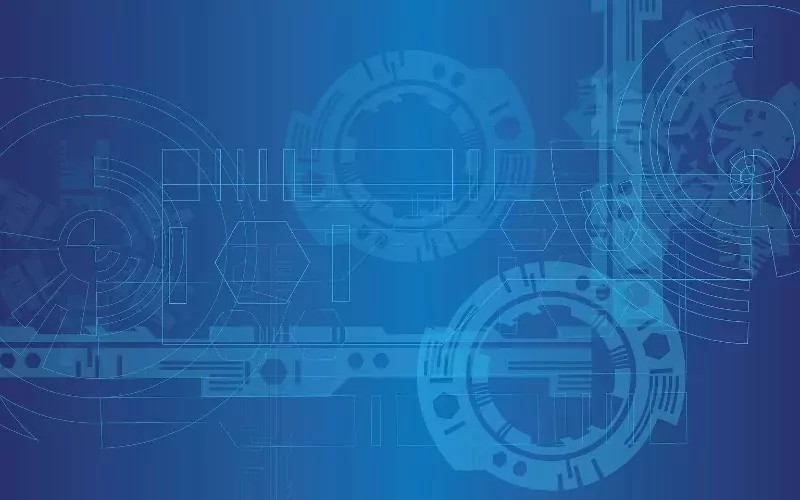The digital revolution is reshaping many aspects of modern life, including the process of divorce. Transitioning from traditional to online methods brings newfound empowerment for individuals seeking autonomy in their personal lives.
Exploring the journey of Rebecca—a wheelchair user dealing with the challenges of traditional divorce processes—this article delves into how the digitised system provides control and efficiency, significantly reducing emotional and logistical burdens.
The government is currently piloting a revolutionary digital divorce service aimed at enhancing efficiency and accessibility. The transition to a digital platform has resulted in a dramatic 95% reduction in application errors, paving the way for a more streamlined experience for thousands seeking legal separation.
Rebecca, who requested anonymity, is a primary example of the potential benefits of this system. For individuals like her, dealing with physical disabilities such as Fibromyalgia, this service is more than just convenient; it is transformational.
Traditional divorce procedures often involved numerous physical documents and strenuous processes. For Rebecca, these obstacles were particularly daunting due to her condition, which affects her cognitive abilities intermittently.
“I was divorcing my husband, who I’d had to have the police involved with,” Rebecca shared. The need for a quick and relatively easy method of severing ties was essential.
The new online service allows completion of the divorce process with simple online payments and digital submission of supporting evidence.
This crucial shift has significantly reduced the mental burden for Rebecca, enabling her to manage her time and stress more effectively. When faced with formidable paperwork challenges, the ability to handle documents digitally offers respite.
For many, the digital option ensures that the daunting task of divorce does not become an insurmountable hurdle, as it once did for Rebecca’s friend, who abandoned the process prematurely.
Though Rebecca is pleased with the current system, she suggests further enhancements. The introduction of a digital signature feature could eliminate the need for cumbersome printing and scanning.
Integrating such functionalities would not only simplify the process but also encourage broader acceptance and utilisation of the service.
As digital solutions continue to evolve, they carry a transformative potential that can empower individuals, offering not just convenience but a renewed sense of personal agency.
Digital divorce services are a testament to technology’s ability to simplify complex processes, making them accessible and manageable for all.
As more individuals embark on this digitised path, the emphasis remains on continuous improvement, ensuring that everyone can reclaim control over their personal and legal journeys.

